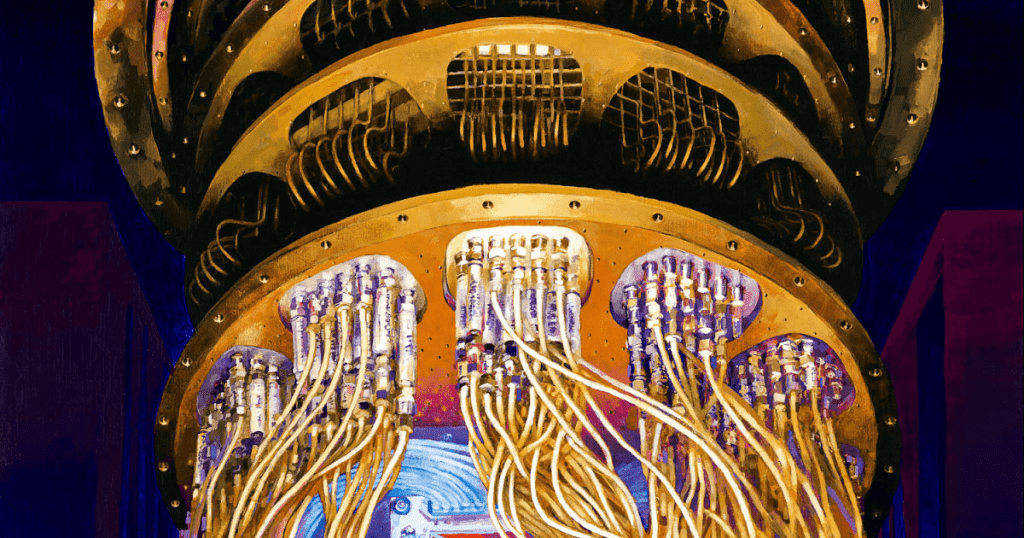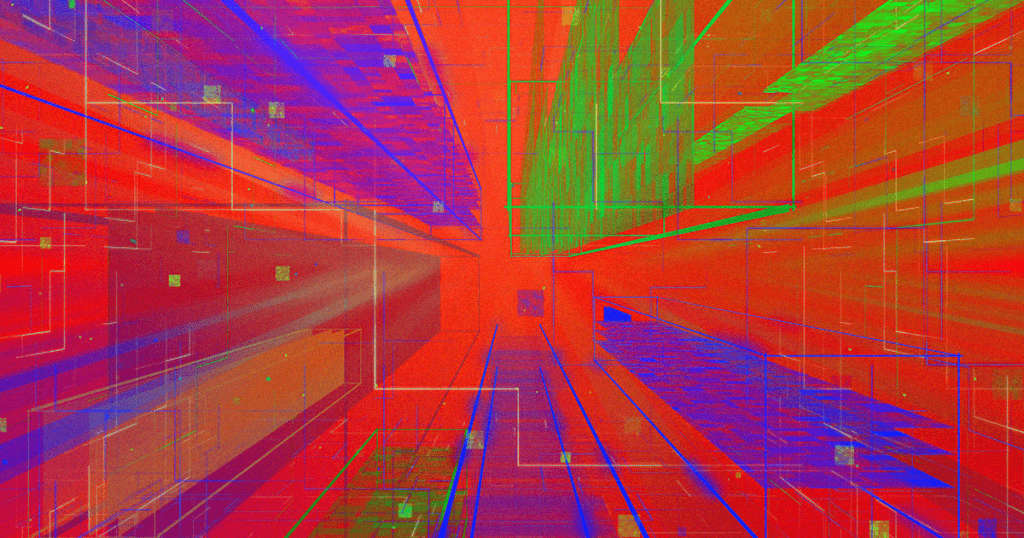Physicists shot a laser pulse sequence emulating the Fibonacci sequence at a quantum computer and accidentally created a new phase of matter in the process, according to a study published in Nature earlier this year.
This can be a huge leap in the field of quantum computers and make them more dependable. Currently, it is difficult for scientists to keep qubits in their quantum states.
In the field of quantum computing, a one or zero is not stored as an ordinary bit, but as a qubit. What distinguishes a qubit is that it can be one or zero at the same time, potentially allowing quantum computers to power through advanced calculations that take conventional computers a long while to complete.

The qubits need an extremely controlled environment in which a minute perturbation, like a minuscule change in temperature, could lead to the qubits losing their quantum states — and their information.
In the experiment, a regular qubit at each end of a line-up of ten atoms retained its quantum state for 1.5 seconds. When a pulse of laser light was made to shine through the tune of the Fibonacci numbers — a sequence of numbers where each number is the sum of the two preceding ones — the qubits lasted a whopping 5.5 seconds.
“What we realized is that by using quasi-periodic sequences based on the Fibonacci pattern, you can have the system behave as if there are two distinct directions of time,” study lead author Philip Dumistrescu, a research fellow at the Flatiron Institute’s Center for Computational Quantum Physics, told Gizmodo in a recent interview.

But why the Fibonacci numbers? In essence, when you shoot laser pulses following the Fibonacci numbers, they act as a quasicrystal”, the physicists say, “a structure of matter that adheres to a pattern but is not periodic.”
“With this quasi-periodic sequence, there’s a complicated evolution that cancels out all the errors that live on the edge,” Dumistrescu elaborated in a press release. “Because of that, the edge stays quantum-mechanically coherent much, much longer than you’d expect.”


